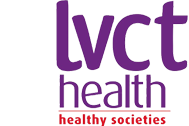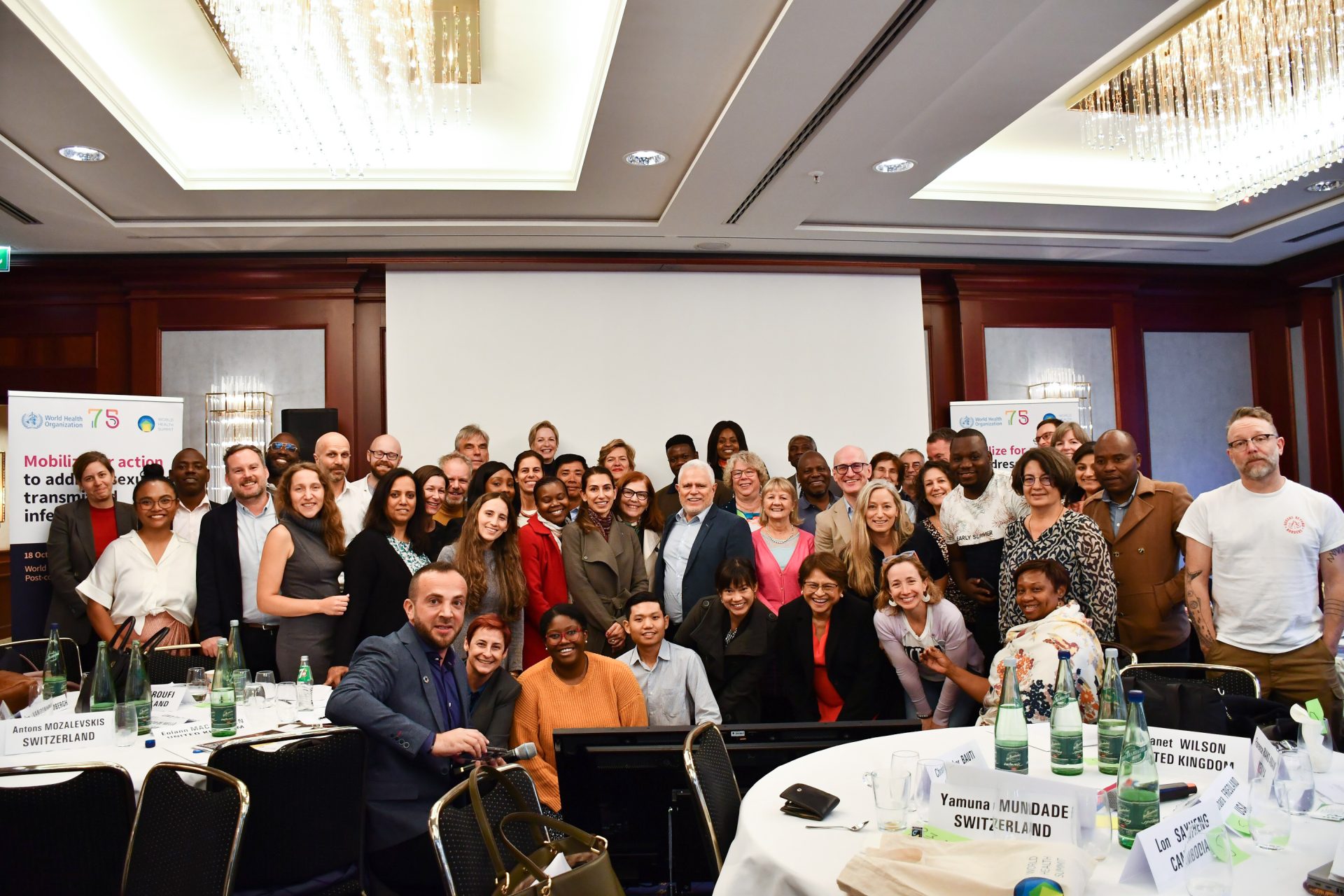
Berlin, Germany: On October 15-17, LVCT Health joined stakeholders for the World Health Summit 2023.
Under the theme of “”A Defining Year for Global Health Action”, the conference brought together more than 3,000 stakeholders from politics, science, the private sector, and civil society organizations to mobilize the world to act and address increasing cases of sexually transmitted infections (STIs) that continue to present a significant global public health challenge.
Speakers at the conference noted with concern the sharp increase in STI cases that have developed resistance to nearly all the antibiotics used for its treatment.
“From our perspective we need more political commitment, more investment, more innovation and more research’, said Irene Kenihorst, Head of Division, infectious Disease, Ministry of Health, Germany in her introductory comments. Drawing lessons from the multicounty outbreak of MPox that had 90,000 individuals infected, she emphasized the need for increased political commitment, collaborations with scientists, and non-state actors supported by a good communication strategy not forgetting the need to reduce stigma and discrimination.
Axel Pries, World Health Summit President, Charite Universitatsmedizin, who spoke afterwards stressed the importance of increasing trust, visibility, gender equity, leadership, and access to tools available through the World Health Organization (WHO). He also emphasized the need for collaboration with civil society.
Dr. Jerome Salomon in a video presentation highlighted the significant challenges posed by STIs. “In 2020, 374 million new cases of chlamydia, gonorrhea, syphilis and trichomoniasis. Over 1 million cases daily.”
New data shows 1 in 3 men are infected with genital HPV the treatment of STI is becoming complicated due to rapidly evolving anti-microbial resistance to medication and the emerging of new outbreaks as new infections such as MPox and reemergence of STI poses significant challenges for prevention and control efforts.
Teodora Wi (WHO) discussed key priorities and challenges related to STIs, stressing the importance of political will for success similar to what we see in the reduction of new cases of mother to child transmit ion of the HIV virus.
Several other speakers reiterated the importance of political commitment, investment in priority research and innovation, and on increased advocacy.
Last year across the WHO regions, a global research and innovations prioritization process began with the goal of developing a set of research priorities to guide future funding and focus for the most critical research, to address major gaps in STI prevention management and control. This is to inform guidelines, programmes and policies.
The specific focus was low- and middle-income countries programme delivery, services and technology. Four key areas identified were diagnostics, prevention management, epidemiology and data.
The World Health Summit was founded in 2009 on the occasion of the 300th anniversary of Charité – Universitätsmedizin Berlin. It is traditionally held under the patronage of the German Chancellor, the French President, and the Director-General of the World Health Organization.

